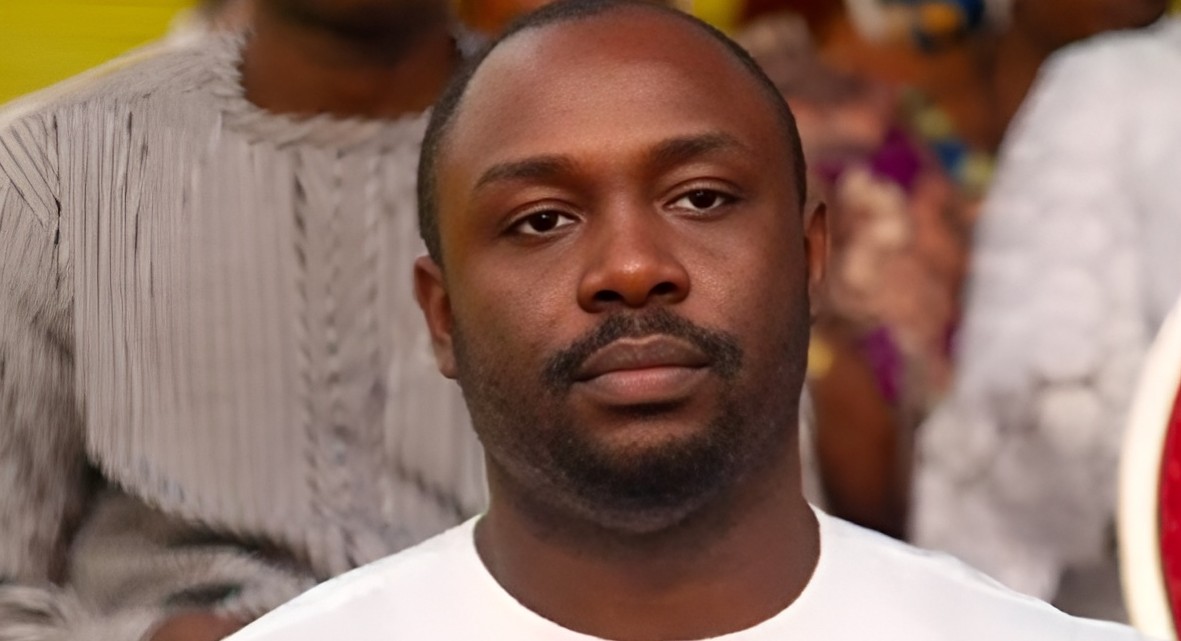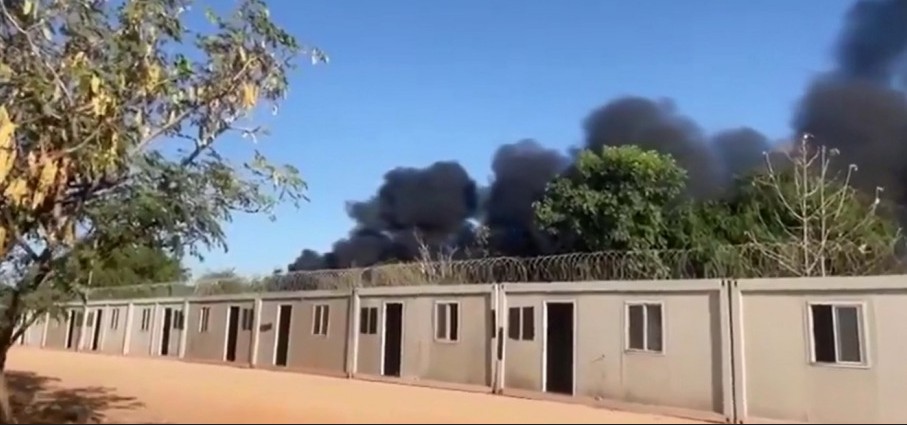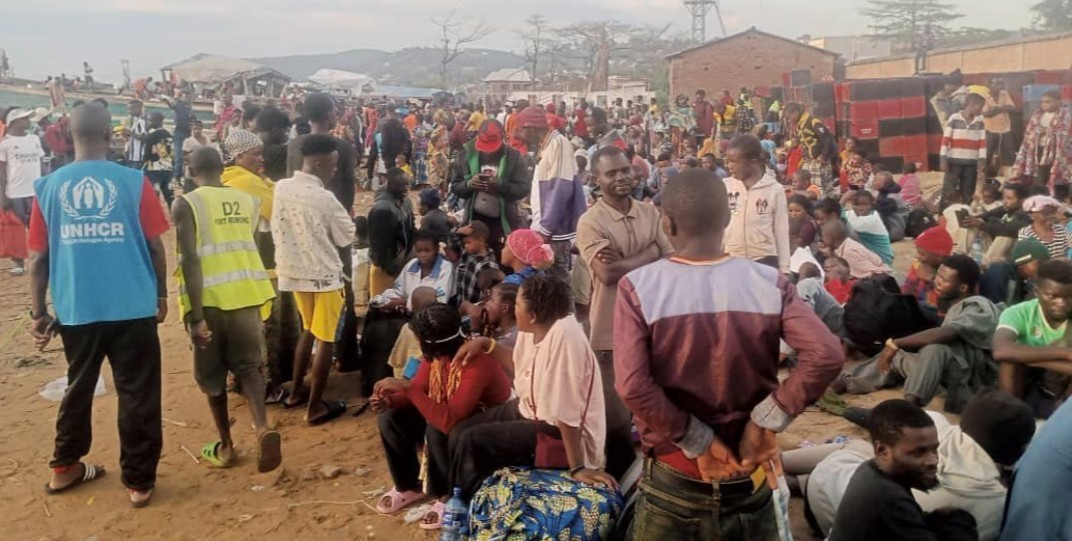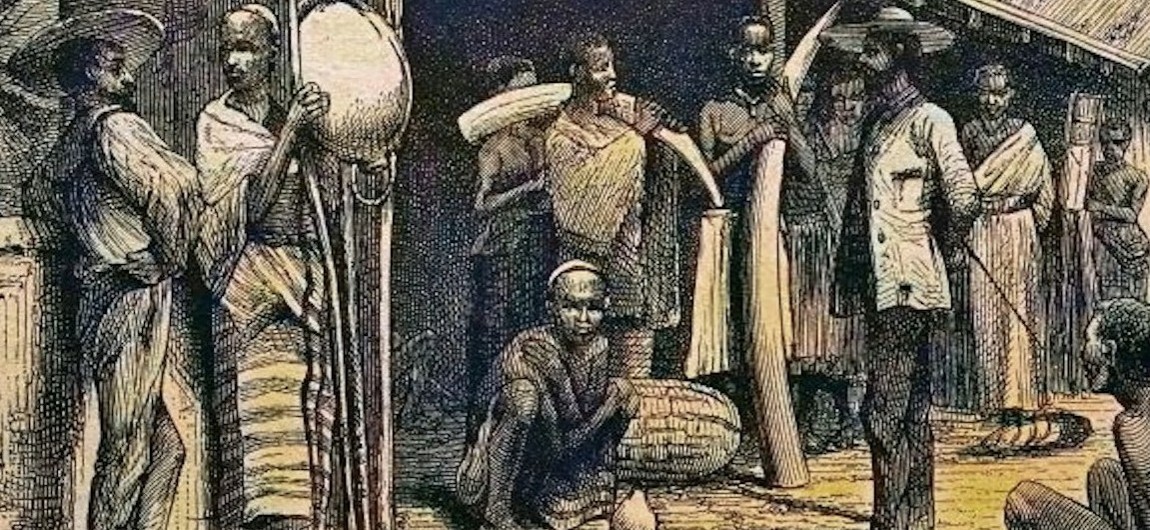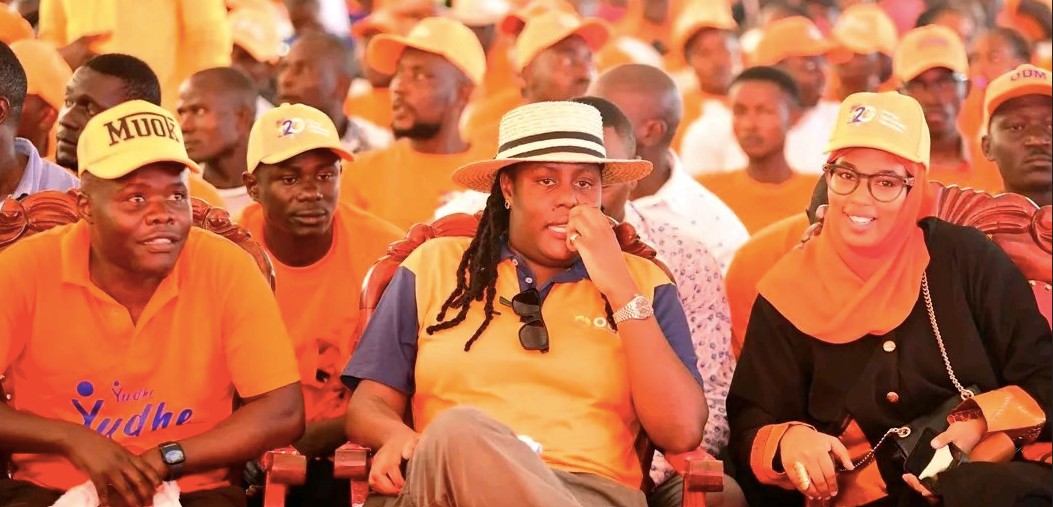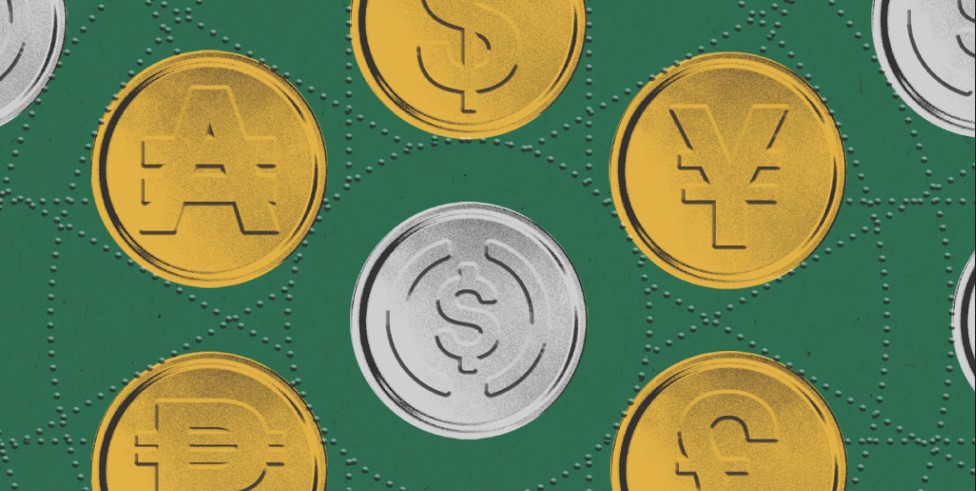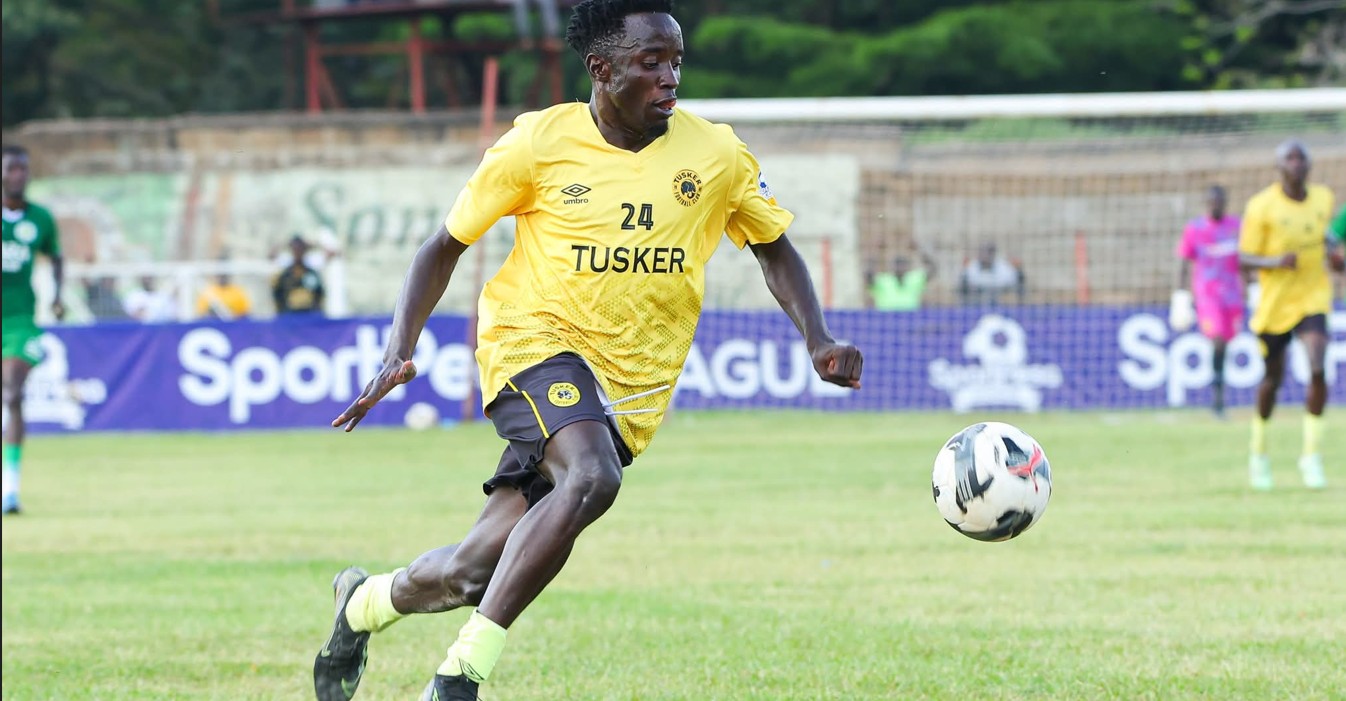New app seeks to help tackle persistent garbage menace in Mombasa
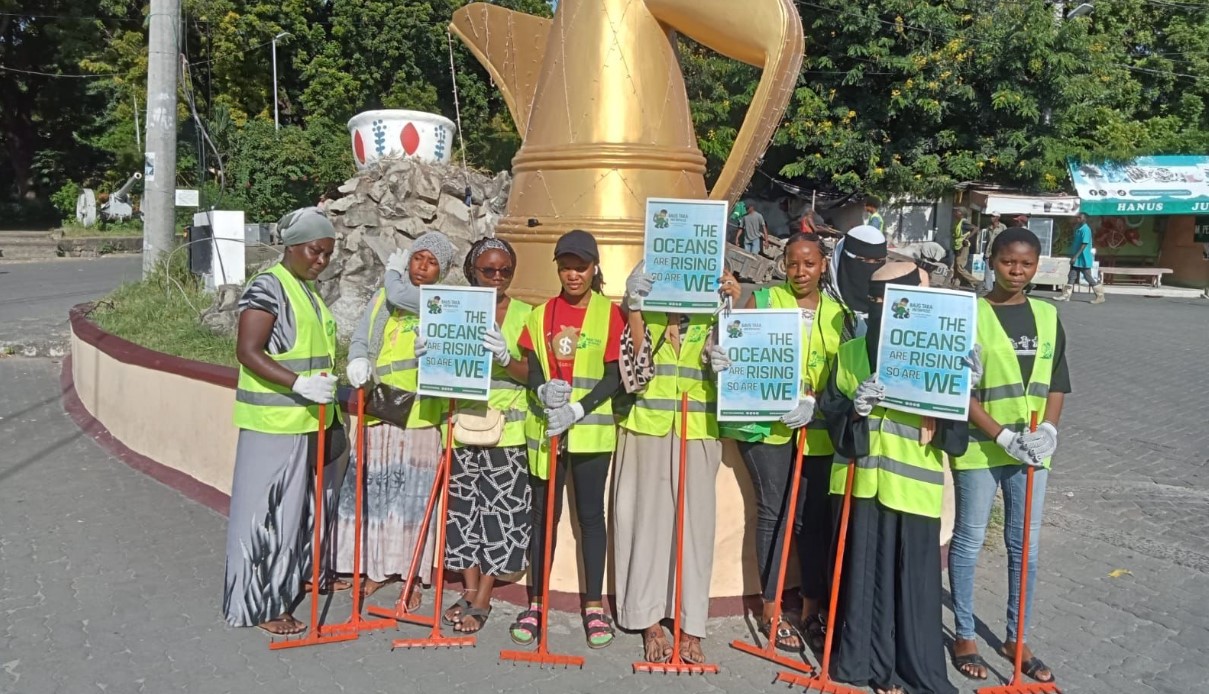
Baus Taka has developed a USSD service in Kiswahili, aimed at reaching those without internet access or smartphones.
The streets of the coastal city of Mombasa have long been plagued by overflowing bins and scattered waste, creating a persistent garbage nuisance that threatens public health, local ecosystems, and tourism.
Faced with growing piles of uncollected rubbish, a new solution has emerged to tackle the city’s mounting waste crisis head-on.
More To Read
- DCI raids Mombasa graduation over fake degrees, six Menorah Training Institute officials arrested
- County issues new festive season rules for public events in Mombasa
- KeNHA set to ease holiday traffic with partial opening of Mombasa–Malindi highway
- Court certifies urgent petition over Sh17 billion waste contract awarded to Ghanaian firm
- Anger in Mombasa’s Mikindani as families rely on costly bowsers amid prolonged water crunch
- Mombasa sets January deadline for tuk-tuk operators' SACCO registration
Baus Taka Enterprise, a waste management firm established in 2021, launched a mobile app designed to change how residents dispose of their waste.
The Baus Taka app allows users to schedule waste pick-ups from their smartphones or through a USSD code, making it easier for individuals to manage waste disposal at their convenience.
Dr Tayba Hatimy, co-founder and CEO of Baus Taka, said the app was developed out of the need for a more practical and community-driven approach to waste management.
“Mombasa’s garbage problem has been worsening for years. We wanted to create a tool that empowers people to take control of their waste while promoting recycling and environmental stewardship,” she said.
The app encourages residents to separate their waste into recyclable categories like plastic bottles and containers, and other materials. In return, users receive incentives in cash or redeemable points, fostering a culture of recycling while addressing the city’s growing waste problem.
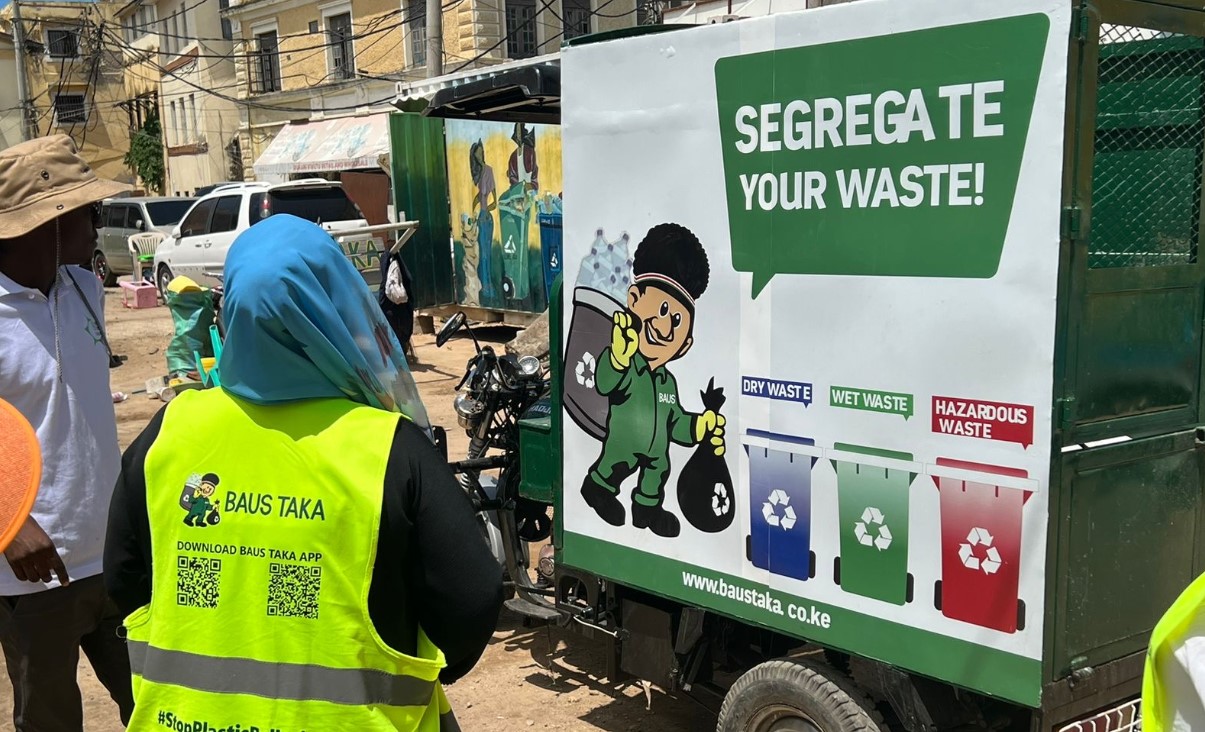 By blending modern technology with a community-focused approach, Baus Taka aims to clean up the Mombasa city streets. (Photo: Farhiya Hussein)
By blending modern technology with a community-focused approach, Baus Taka aims to clean up the Mombasa city streets. (Photo: Farhiya Hussein)
“Unlike the city’s traditional waste collection services, which are often unreliable and inflexible, the Baus Taka app offers a user-friendly platform for scheduling collections according to personal needs. By using GPS tracking, the app connects users with the nearest waste collection team, ensuring timely and efficient service,” said Tayba.
The mobile platform's process is straightforward: users begin by registering and booking the waste collection service. Baus Taka then confirms the request and uses GPS tracking to allocate the user's location to the nearest available waste collection team.
The assigned waste collector arrives at the specified location, with users receiving advance notification of the collection time to ensure readiness. After the waste is collected, users are notified that the service has been completed.
In addition to the app, Baus Taka has developed a USSD service in Kiswahili, aimed at reaching those without internet access or smartphones, including informal waste collectors and low-income communities.
“This dual approach ensures that everyone, regardless of their technological capacity, can participate in the city’s waste management efforts,” she said
However, Tayba acknowledged that challenges remain, particularly when it comes to encouraging widespread adoption.
“While the app has been positively received, there is still work to do in raising awareness and demonstrating its benefits to more residents. We are committed to improving accessibility, including offline features, to reach even the most remote areas,” she said.
She added that by blending modern technology with a community-focused approach, Baus Taka aims to clean up the city’s streets and instil a sense of responsibility among its residents for a healthier and more sustainable environment.
Locals have also applauded the move.
“I segregate my waste and use the Baus Taka app to trade the plastic waste from the comfort of my home while getting a cash incentive,” Cynthia Kipkeu from Mvita sub-county said.
Chief Abdulwahab Farah from Old Town hailed the introduction of the app.
“Before the app, waste in the area was a big problem. Now everyone has a role to play in keeping our environment clean. Before I became a chief, I used to be a youth leader in old town,” he said.
Tayba is optimistic about the app’s potential.
“We believe that through technology, we can inspire a sense of shared responsibility for our environment and help create a sustainable future for all,” she said.
Top Stories Today
